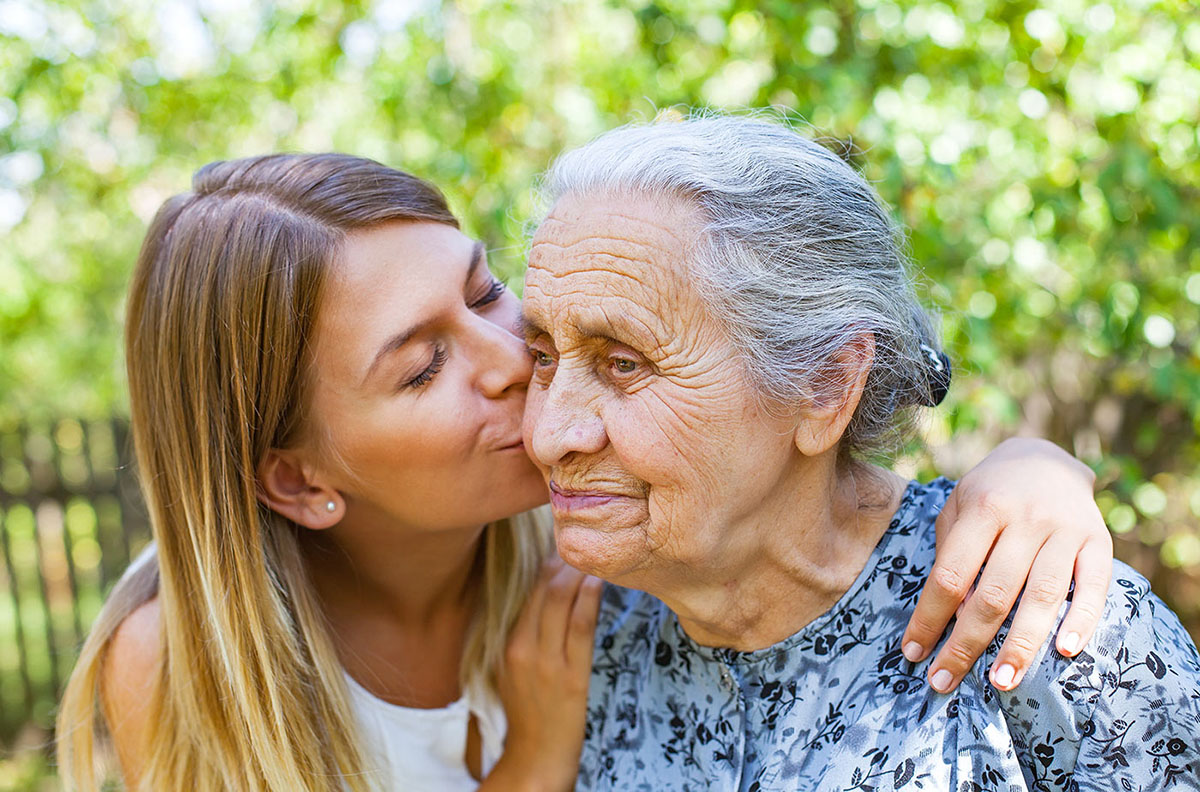
Caring For Someone With Dementia: A Complete Guide
Millions of people living in the United States are responsible for taking care of a family member, friend or loved one with Alzheimer’s or dementia.
If you’re one of them, the most important thing to know is that you’re not alone.
Being a caregiver, someone who is responsible for the care of another person, can often feel isolating. Especially when you’re also dealing with the emotional toll of a diagnosis like dementia. CorsoCare is here to help.
Keep reading for a complete guide of tips for caring for a loved one who has been diagnosed with dementia.
Every Diagnosis Is Different
A dementia diagnosis doesn’t just affect the person who was diagnosed, it affects everyone in their life. If your loved one has been diagnosed with dementia, it is important to remember that each person’s experience with dementia is unique.
What are the first signs of dementia? What symptoms will my loved one experience?
The answers to these questions can vary because, not only are there various types of dementia, but there are many different symptoms associated with each type. No two patients are the same, and dementia affects each person a little differently.
Here are a few of the most common signs that your loved one may be experiencing dementia:
- Getting lost in a familiar neighborhood or area.
- Difficulty speaking, writing, or recalling words that were not issues previously.
- Using unusual words to refer to familiar objects.
- Forgetting the name of a close family member or friend.
- Not being able to complete tasks of daily living independently.
- Losing interest in favorite activities or hobbies.
- Struggling to manage finances.
- Losing track of time or missing appointments.
- Repeating questions and phrases.
- Difficulty caring for a pet.
- Agitation or stress or a change in overall mood.
- Withdrawal from family and friends.
Tips For Caring For A Loved One With Dementia
If your loved one has been diagnosed with dementia, we’re here to help.
Here are some key tips that may be helpful when caring for someone with dementia.
- Educate Yourself About Dementia:
Understanding the disease and its progression can help you better understand your loved one’s behavior and needs. Not only that, but understanding how symptoms of dementia may affect your loved one can help you empathize with their struggles. - Communicate Openly:
Talk to your loved one about their diagnosis and involve them in decisions about their care. Use clear, simple language, and be patient. Address your loved one directly, and have conversations away from the tv, loud noises or other distractions. - Create A Safe Environment:
Make any necessary home modifications to ensure your loved one’s safety, such as removing tripping hazards and installing handrails. This can help give you peace of mind that your loved one can safely navigate their space. - Create A Routine:
Structure and routine can help to reduce confusion in people with dementia. Sundowning refers to the state of confusion that those with dementia often experience in the later hours of the day. Structuring your routine around this time of day is also helpful. - Consider Hiring A Professional Caregiver:
If your loved one requires more care than you can provide, consider hiring a professional caregiver to assist with tasks such as bathing, dressing and managing medications. Respite care or short-term stays at a senior living community can also offer rest for family caregivers and prevent burnout. - Stay Involved:
Continue to spend quality time with your loved one and participate in activities that they enjoy. This can help them feel more connected and engaged. - Maintain Their Independence:
Shirts without buttons, specialized diets and other daily modifications can help your loved one maintain their independence. Ensuring they’re an active participant in their care will also help your loved one to maintain their brain function. - Understand The Changes That Are To Come:
Dementia is a progressive disease which means that symptoms increase and get worse over time. These changes in your loved one’s moods and behaviors can be difficult for everyone, so remember to lean on others for support. - Take Care Of Yourself:
Caring for someone with dementia can be emotionally and physically draining. Make sure to take breaks and prioritize caring for yourself during this time. There are many support groups dedicated for caregivers of someone with dementia, so consider finding a group near you that understands what you’re going through.
